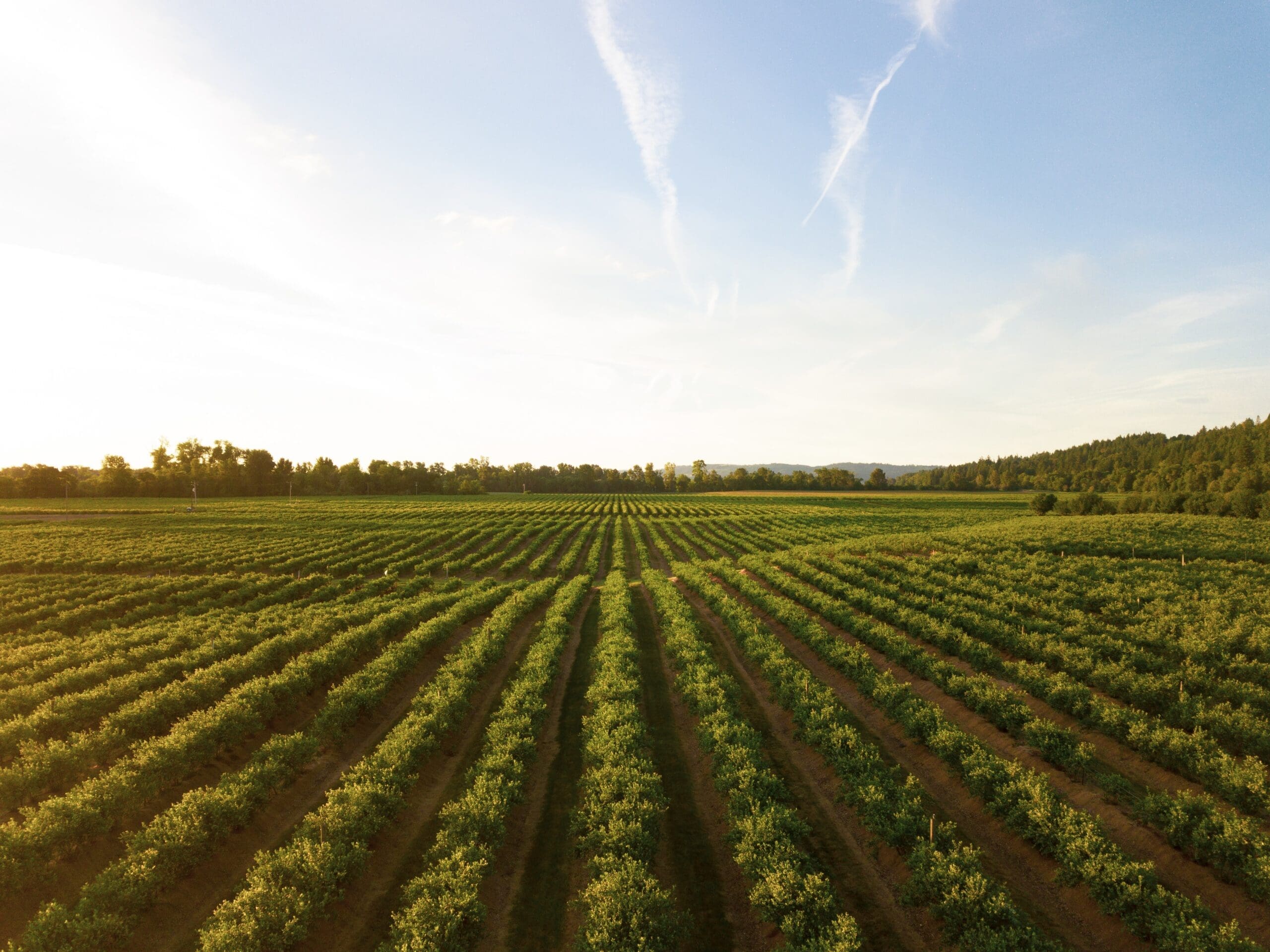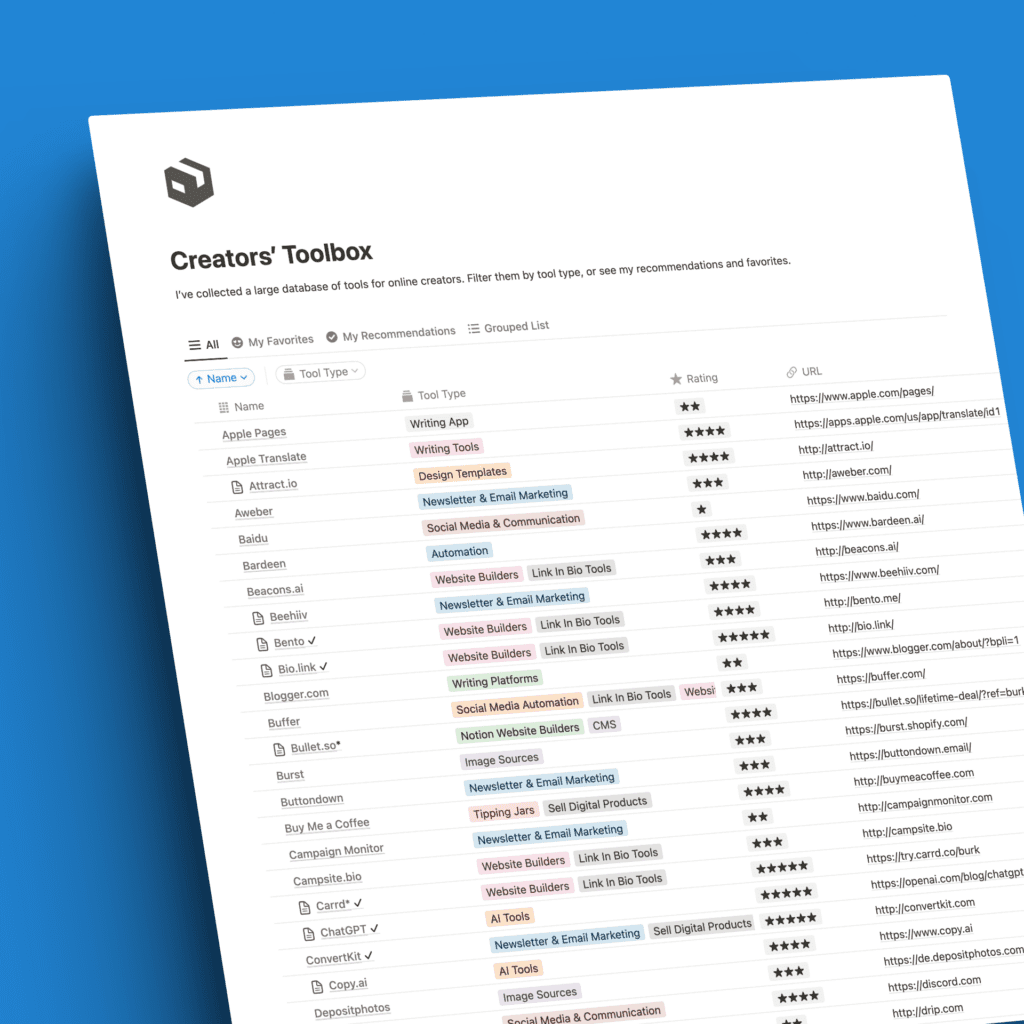Pesticides, once hailed as a miracle cure for improving farm yields, have become a serious threat to human and ecological health. Overuse and misuse of these toxic chemicals have set off alarm bells for scientists, regulators and activists alike. Tackling the mushrooming pesticide crisis will require changing how we grow our food.
What Are Pesticides and Why Are They Used?
Pesticides are substances meant to control or kill unwanted pests like insects, weeds, fungi, rodents etc. The most common pesticides are insecticides, herbicides, fungicides and rodenticides. They have been widely used in agriculture since the 1940s to protect crops from damage and improve food output. Farmers also rely on pesticides to meet the rising demand for cosmetically perfect produce. In homes and gardens, pesticides help get rid of annoying pests.
The pesticide industry has grown into a $65 billion market globally today. But this seeming chemical miracle cure has proved too good to be true, unleashing a Pandora’s box of health and environmental problems instead.
The Mounting Health Risks of Pesticides
A 2020 study revealed that exposure to pesticides increases the risk of developing Parkinson’s disease by 44-80% in agricultural workers. Other research has linked pesticide exposure to infertility, hormone disruption, birth defects, reproductive cancers and developmental disorders in children.
Acute pesticide poisoning causes over 200,000 deaths worldwide each year, especially in developing countries. But chronic low-dose exposure over time also takes a toll. Farm workers are at highest risk as they work with these chemicals daily. Pesticide residues in food, water and air affect consumers too. Babies and children are particularly vulnerable.
For example, chlorpyrifos, a common insecticide, was found to impair brain development in children even at low exposure levels. This led to restrictions on its use indoors and on certain crops.
The Environmental Havoc Wreaked by Pesticides
The impact of pesticides extends far beyond just human health. Bees, butterflies, birds and beneficial insects are all collateral damage of indiscriminate pesticide use.
Neonicotinoids or ‘neonics’ are a class of insecticides implicated in mass die-offs of honey bees known as ‘colony collapse disorder’. They are now partially banned in the EU.
Amphibians and fish are threatened by pesticide runoff contaminating water bodies. The poison enters the food chain and persists in the ecosystem.
Overuse of herbicides like glyphosate (Roundup) is linked to destruction of plant biodiversity and soil health. It also causes pest resistance – weeds evolve to withstand being sprayed, necessitating higher doses.
The Need to Radically Rethink Pest Management
Clearly, the pesticide treadmill has failed us. Instead of controlling pests, it has created anti-microbial resistance, elimination of natural predators, water contamination and multiple health crises.
The environmental and public health impacts can no longer be brushed aside in the pursuit of higher yields. There is an urgent need to transition to less toxic, nature-based pest management approaches.
More farmers are adopting integrated pest management where multiple techniques like biopesticides, natural predators, crop rotation etc. are combined to control pests. Genetic techniques like CRISPR allow breeding pest-resistant crops reducing pesticide needs.
At the policy level, stricter evaluation and regulation of pesticide safety has begun but remains slow. Bans on
are being enacted. Investing in regenerative agriculture, agroecology and sustainable practices can also help farmers break free of reliance on these toxic chemicals.
Transitioning to a post-pesticide world will be challenging. It may mean lower yields, higher costs for farmers in the short term, and continued pesticide resistance. However, the health and environmental risks have reached a breaking point. With smarter policies and stewardship, it is possible to keep both people and planet safe while feeding the world. But we must act now before it is too late.
The Bottom Line
Pesticides were meant to help farmers but have backfired badly. The regrets are all too real today – polluted ecosystems, deadly health impacts, and pests that just don’t quit. Doubling down on pesticides is not the answer. We need to return to nature – leveraging biodiversity and ecology for pest control, not toxic chemicals.
With minds open to agroecology and food systems that nourish both soil and people, a thriving post-pesticide future is within reach. But the writing is on the wall: change is coming whether by choice or necessity. Our lives depend on how quickly that change arrives.








